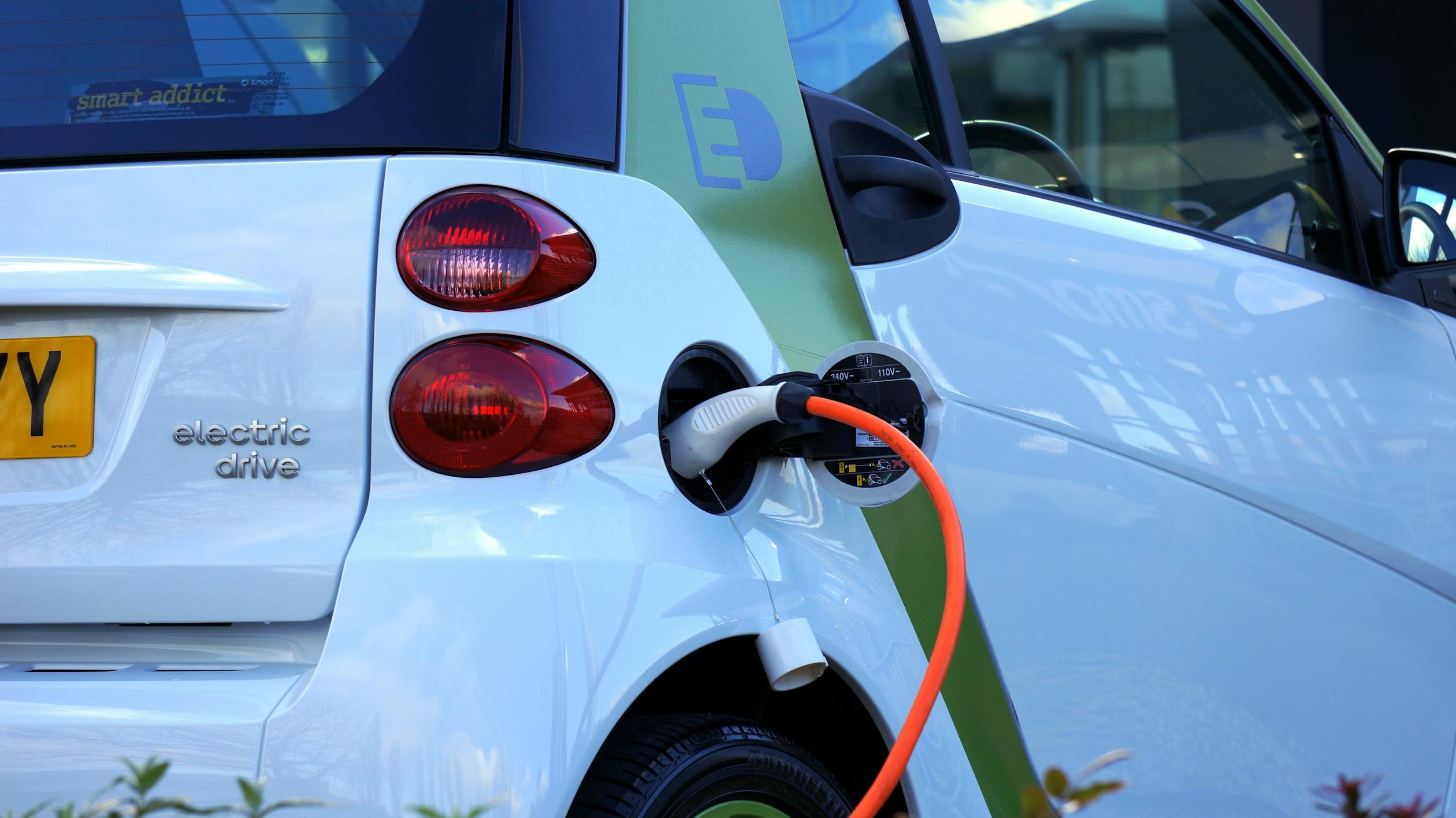Electric cars have been hailed as the saviors of our planet, promising to reduce emissions, combat climate change, and move us toward a more sustainable future. However, beneath the shiny veneer of electric vehicles (EVs) lies a web of complex issues and inconvenient truths that challenge the narrative of their environmental superiority. It’s time to shine a light on the dark secrets of electric cars and question their true sustainability.
1. Supply Chain Woes
One of the most glaring issues with electric cars is their supply chain. The production of electric vehicle batteries, which rely heavily on rare minerals like lithium, cobalt, and nickel, poses significant environmental and ethical concerns. Mining for these minerals often occurs in ecologically sensitive areas, leading to habitat destruction and pollution. Moreover, the mining industry is fraught with human rights violations, including child labor and unsafe working conditions.
2. Energy Source Matters
The environmental benefits of electric cars largely depend on the source of electricity used for charging. If the electricity comes from fossil fuels, the reduction in tailpipe emissions is offset by the carbon footprint of power generation. In countries heavily reliant on coal or natural gas, the net reduction in greenhouse gas emissions from EVs may be marginal, if not negative.

3. Battery Woes
Electric vehicle batteries, while crucial for EV operation, have their own set of sustainability challenges. The manufacturing process is energy-intensive, and recycling options are limited. Over time, batteries degrade and require replacement, leading to a growing e-waste problem. The disposal and recycling of lithium-ion batteries raise environmental concerns due to toxic components and the difficulty of recycling.
4. Limited Range and Charging Infrastructure
Range anxiety is a well-known concern for potential electric car buyers. While EV technology has improved, long journeys or lack of charging infrastructure can be a major hindrance. Critics argue that building the necessary charging infrastructure is a monumental task that could place a significant strain on resources.
5. Hidden Emissions
Electric cars are often marketed as zero-emission vehicles, but this claim is not entirely accurate. Emissions are simply shifted from the tailpipe to the power plant. Moreover, the production of electric vehicles generates emissions, primarily due to manufacturing processes and transportation. These “hidden” emissions can offset some of the environmental gains associated with electric cars.
6. Price and Accessibility
Electric cars remain expensive compared to their internal combustion engine counterparts. While prices are gradually decreasing, accessibility remains a concern. Lower-income individuals may find electric cars financially out of reach, perpetuating socioeconomic disparities in access to sustainable transportation.

7. The Grid Challenge
As electric car adoption grows, the demand on electrical grids will increase significantly. Meeting this demand sustainably will require substantial investments in grid infrastructure and, in some cases, a shift to cleaner energy sources. The grid’s capacity and stability must be addressed to support the widespread use of electric vehicles.
In conclusion, the sustainability of electric cars is not as clear-cut as it may seem. While they offer the potential for reduced emissions and a transition away from fossil fuels, they also bring forth a host of challenges and environmental concerns. Addressing the dark secrets of electric cars requires a comprehensive approach that encompasses responsible sourcing of materials, cleaner energy production, battery recycling, and equitable access to sustainable transportation solutions. Only by acknowledging and confronting these issues can we truly chart a path toward a more sustainable automotive future.




